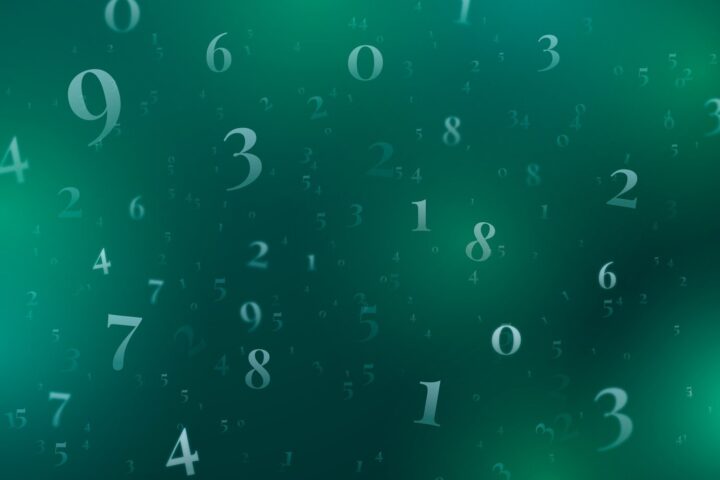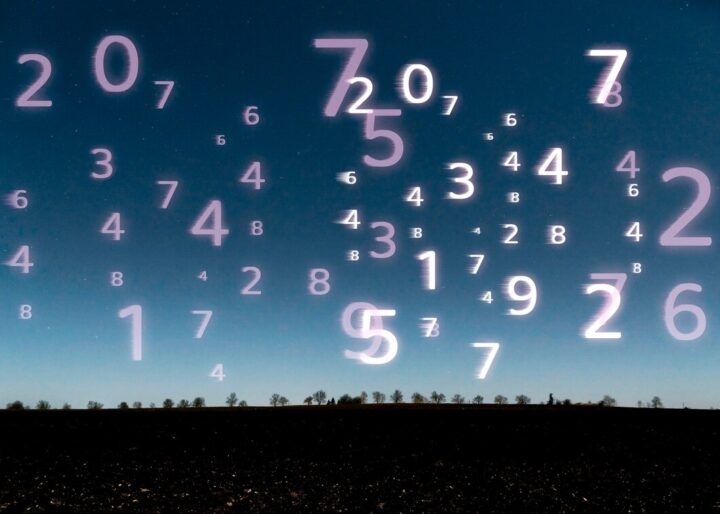In the ever-evolving landscape of artificial intelligence (AI), algorithms are tasked with solving increasingly complex problems, from natural language processing to autonomous driving. One intriguing challenge facing AI researchers is the ability to predict or manipulate seemingly random phenomena, such as random number generation (RNG).
Random number generators are fundamental in various fields, including cryptography, simulations, and gaming. However, the question arises: Can AI algorithms truly crack the code of random number generators?
Understanding Random Number Generation

Random number generation lies at the heart of many computational processes, including those powering diverse applications like simulating natural phenomena, encrypting data, or even enhancing user experiences in gaming platforms like demo pg soft. In all these scenarios, the need for reliable RNGs is paramount.
But what exactly constitutes a “random” number? True randomness, as defined by mathematics, implies a sequence of numbers with no discernible pattern or predictability. Achieving this level of randomness is a formidable task, especially in the realm of computing, where deterministic algorithms govern operations.
The Challenge for AI Algorithms
AI algorithms, with their remarkable ability to analyze patterns and make predictions, pose an intriguing proposition when it comes to generation. Can they discern patterns or exploit weaknesses in RNG algorithms to predict future numbers? The quest to answer this question has led to extensive research and experimentation in the intersection of AI and RNGs.
One approach involves using machine learning techniques to train models on sequences of pseudo-random numbers and attempt to predict subsequent values. However, the success of such endeavors hinges on the quality of the RNG algorithm and the complexity of the patterns it generates.
In many cases, well-designed PRNGs exhibit properties that closely mimic true randomness, making them resistant to prediction by AI algorithms.
Ethical Implications and Security Concerns

While the pursuit of understanding RNGs through AI holds promise for various applications, including improving cryptographic protocols and enhancing gaming experiences, it also raises ethical concerns.
In domains where randomness is crucial for fairness or security, the ability to predict random outcomes could undermine trust and integrity. Moreover, the implications extend beyond gaming and cryptography, with potential impacts on financial markets, healthcare systems, and more.
As AI algorithms continue to advance and our understanding of randomness deepens, the quest to crack the code of generators remains ongoing. While the allure of harnessing AI to predict or manipulate randomness is undeniable, the ethical and security implications necessitate careful consideration and responsible use of such capabilities. Ultimately, the interplay between AI and RNGs offers a fascinating glimpse into the complexities of both artificial intelligence and randomness itself.
Conclusion
In conclusion, the intersection of AI algorithms and generators presents a captivating arena of exploration, with implications spanning from cryptography to gaming and beyond. While AI may offer insights into the underlying patterns of pseudo-random sequences, the quest to truly crack the code of randomness remains elusive.
As researchers continue to push the boundaries of AI and delve deeper into the intricacies of RNGs, it’s essential to balance innovation with ethical considerations and security implications.
Whether AI algorithms will ultimately unravel the mysteries of random number generation or simply deepen our appreciation for the inherent unpredictability of the universe, the journey promises to be both fascinating and enlightening.

